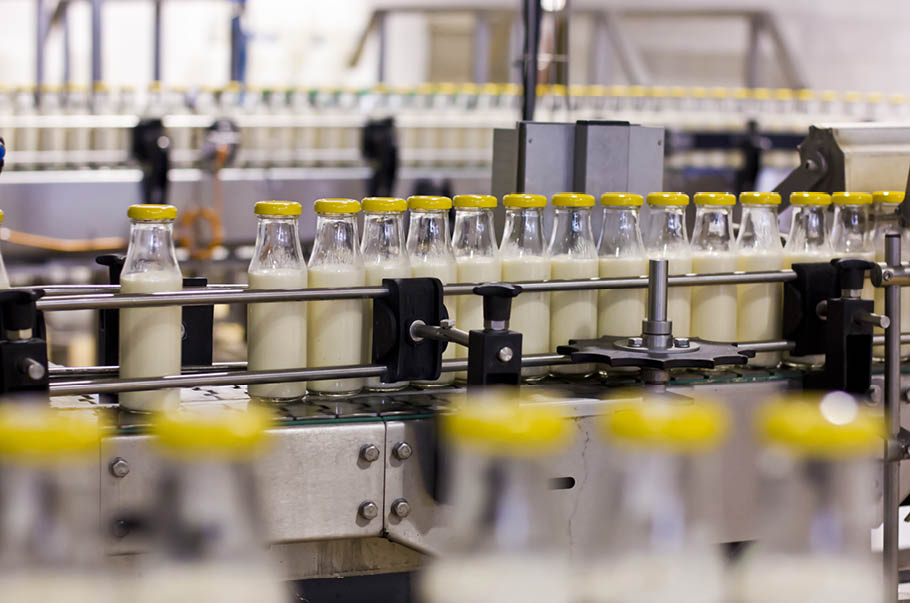Private label yesterday and today
In the 1980s, private labels were first marked with trade chain logos. The next decade, in turn, brought private label category diversification by price: economy (low price shelf), standard (medium price shelf), premium (high price shelf). Currently, the diversification of categories is based on a combination of the price criterion and the customer benefit.
Brand revolutions
A revolution in the assortment of private labels is going on currently, almost before our very eyes. Private labels slowly cease to be perceived by consumers as merely cheap counterparts to branded products. It is safe to say that private labels challenge traditional brands, not just by price but by innovativeness for which the changing needs of consumers are the driving force.
Private labels have become an alternative to branded products.
Private labels are developing in line with various trends, connected, among other things, with a healthy lifestyle, safety or convenience. Therefore, trade chains issue all kinds of private label products: organic, natural, ecologic, healthy, gluten-free, sugar-free, lactose-free, preservative-free, GMO-free, paraben-free, with a short expiry date, express-preparation, convenient in use, etc. In the age of globalization, products of national and regional cuisines enjoy enormous popularity.
Private label – an ace up the trade chains’ sleeve
A private label, based on a traditional concept of a good quality-to-price ratio, currently has a range of properties, important from a consumer’s viewpoint, enabling it to become the highlight of a trade chain’s offer. It is often a product so unique and one-of-a-kind that the chain uses it as a tool to build customer loyalty. Private labels are increasingly gaining the status of a rightful competitor to branded products, with their innovativeness and quick time of response to trends and consumer needs. Moreover, a private label may set new market trends. Usually of domestic origin.
What do consumers make of private labels?
Many analyses, performed both on the global market and on local ones, show how private labels are perceived today from a consumer’s viewpoint. The Nielsen report shows that 58% of the world’s population consider themselves so-called smart shoppers when buying private label products. 67% of the surveyed attribute the value of private labels to their very favourable quality-to-price ratio. 70% of consumers purchase private label products in order to save money. 65% perceive a private label as a good alternative to a branded product. 71% of the population notice that the quality of private labels has significantly improved over time. A report published by the Daymon agency in April 2018, presenting data from the US market, shows that 81% of consumers purchase private label products during each visit to a store; 85% of consumers trust private label products on par with branded ones; 59% of US respondents appreciate the high diversity of private label products; 53% go to a shop specifically to buy a private label product. How does the situation look like in Poland? In the light of a market report on private labels, commissioned by the On Board Group in 2014, as many as 97% of the surveyed have declared they have or used to have private label products at home. 73% of Poles have positive associations concerning them. Among the advantages, the consumers point out: attractive price (83%), promotions (76%) and a good quality-to-price ratio (64%). As many as 54% of the surveyed claim a private label suits their needs. For comparison, only 57% of respondents declare that products of well-known brands fit their needs.
What will be the future of private labels?
Analysts predict that the significance of private labels will still be on the rise. Trade chains will utilize private labels to compete efficiently with global brands. A significant factor from the viewpoint of the development of private labels are the generational changes on the consumer market. The so-called millennials will be eager to test new products, including private labels.
Renata Juszkiewicz
The President Of The Polish Organization Of Trade And Distribution (POHiD)













